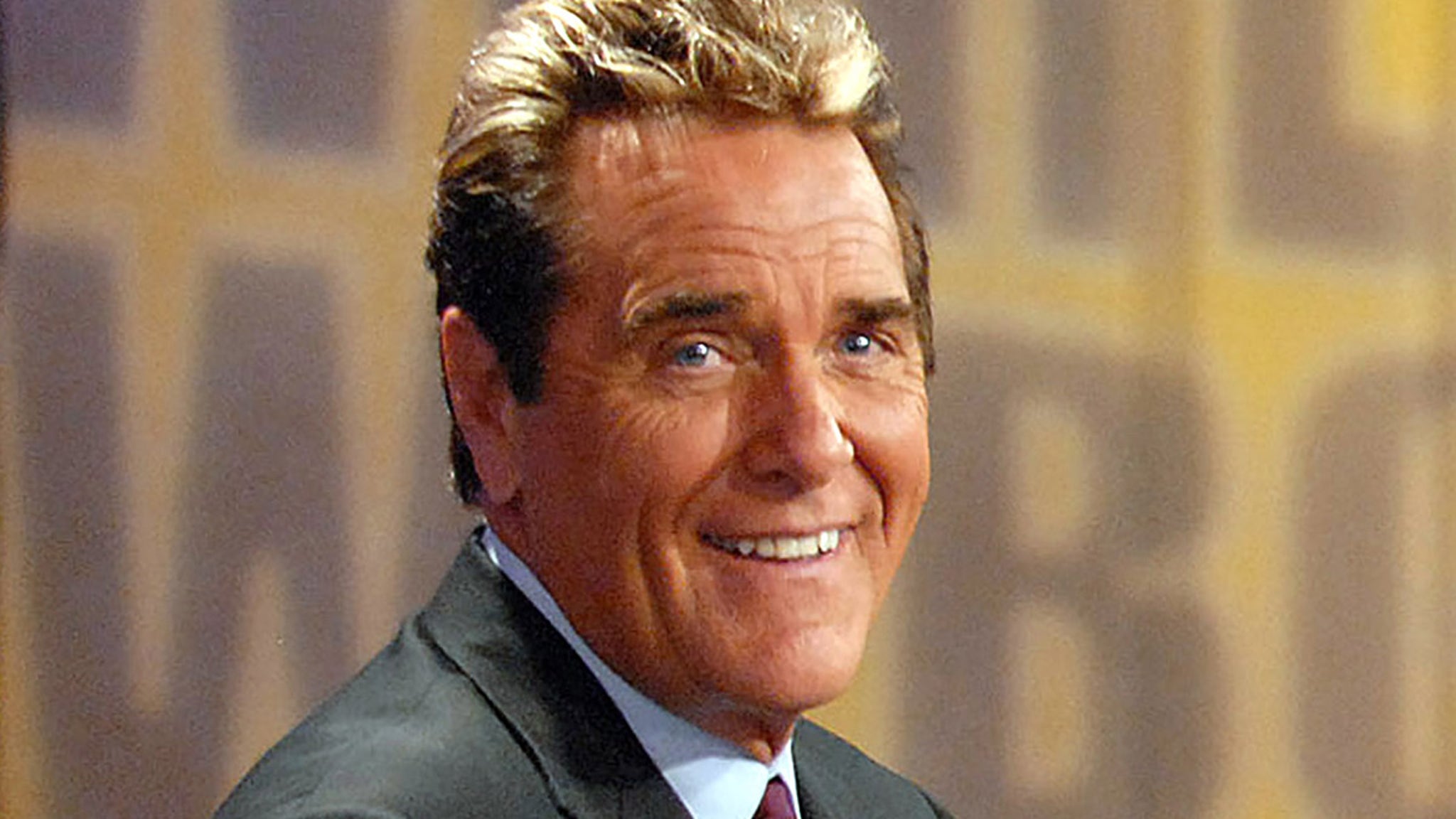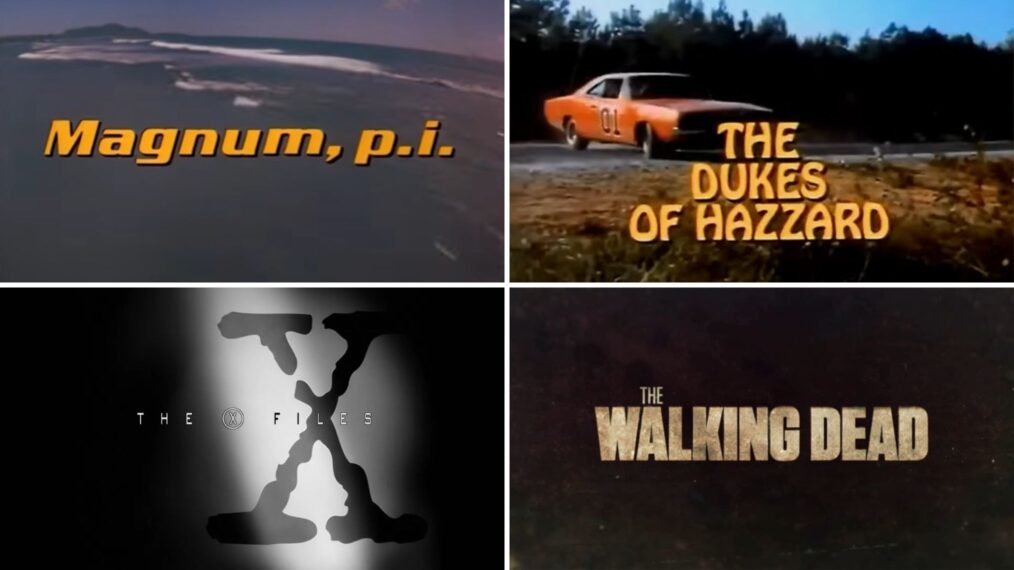
Roger Corman, the influential director, producer, and studio executive of independent film, has died at the age of 98.
Known as “The Pope of Pop Cinema,” Corman helmed hundreds of low-budget independent films over the course of his seven-decade career. Some of his notable credits included The Little Shop of Horror, Rock ‘n’ Roll High School, Death Race 2000, A Bucket of Blood, and X: The Man with the X-ray Eyes.
As a producer, Corman also gave opportunities to many young directors and actors who would become future Hollywood legends in their own right. Directors like Martin Scorsese, Francis Ford Coppola, James Cameron, Ron Howard, and Jonathan Demme all worked with Corman early on in their careers. Later, these directors put Corman in their own films: he made cameos in Scorsese’s The Godfather Part II, Demme’s The Silence of the Lambs and Philadelphia, and Howard’s Apollo 13.
“He was like a great professor,” said Scorsese of working with Corman on 1972’s Boxcar Bertha. “From him, I learned how to put a picture together. He taught you about the realities of the marketplace: There had to be a chase scene here; there has to be a touch of nudity there. He didn’t apologize for that. You had to embrace that if you were going to make a movie for him. I didn’t mind embracing the Corman formula.”
An equally impressive list of actors got their start in Corman’s films, including Jack Nicholson, Peter Fonda, Bruce Dern, Charles Bronson, Robert De Niro, Tommy Lee Jones, William Shatner, and Sandra Bullock, among others.
“I mean, there’s nobody… that he didn’t, in the most important way, support. He was my main connect, my lifeblood to whatever I thought I was going to be as a person,” said Nicholson, who appeared in several of Corman’s films in the 1960s.
Corman also founded multiple film studios, including New World Pictures, Millennium Films, New Horizons, and Concorde Pictures. New World Pictures, in particular, was responsible for distributing hundreds of foreign films in America
For his efforts, in 2009 Corman was awarded an Honorary Academy Award “for his rich engendering of films and filmmakers.”














































































